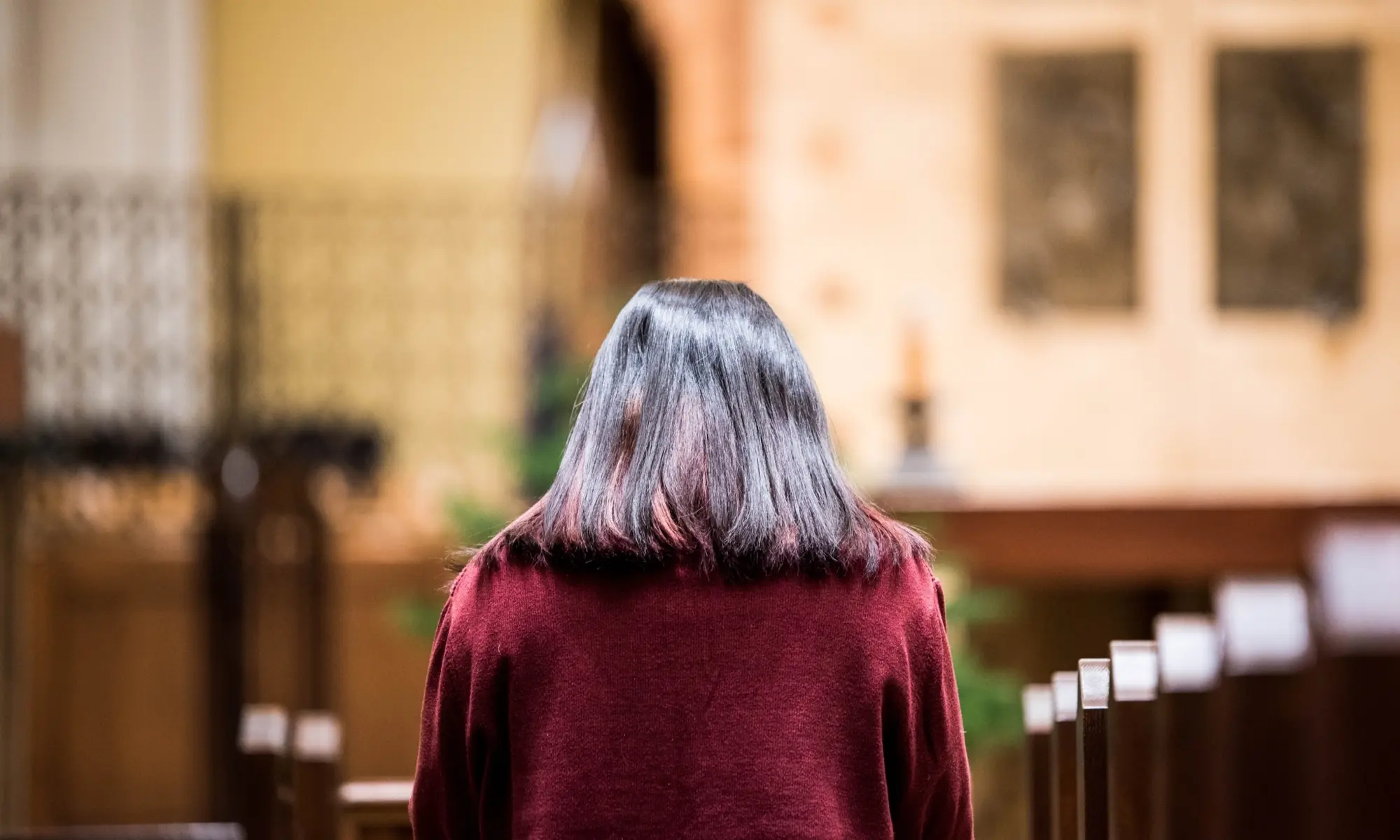How to close the gap between good values and ethical behaviour
COVID-19 , Faith , ChurchAt this time in our history, perhaps even more so than at any time in the past, many people are asking, along with senior faith leaders such as Rev. Frank Chikane, "How is it possible that South Africans can claim to be majority religious, with many going to their temples, mosques, churches, etc., and still be so corrupt against the very tenets of their faiths?" Reverend Chikane posed the question in a speech on 27 September at a Virtual Inter-Faith Prayer meeting on COVID-19 corruption and related challenges. His answer to his own question was that "people are not taking their faith seriously".
Since its inception over 15 years ago, local NPC Heartlines, the Centre for Values Promotion, has been working to initiate positive behaviour change by appealing to South Africans to live out their professed values. Its campaigns are premised on the notion that since such a high proportion of South Africans (over 80%) profess to adhere to one of the four major religions, which all have positive values at their core, then convincing them to live out good values should be fairly straightforward.
Not so. It would appear that mere adherence to religious faith seems to be a poor indicator of lived values.
It’s interesting to look at those countries that rank the least corrupt in the world. Across different rankings, be they by Transparency International or the TRACE index, countries such as Denmark, Finland and Sweden are consistently among the least corrupt. These countries are counted amongst the least religious countries in the world, with 70-80% of the population claiming to be irreligious.
To paraphrase Rev. Chikane’s question: how is it possible that countries whose people are largely without religious faith display a higher standard of ethical behaviour than one with such a high adherence to religious faith, such as South Africa?
It has not always been the case. Rev. Chikane alluded to the days of the apartheid struggle, where faith communities, banding together, helped elevate South Africa’s status as a country others could look up to. "This is a heritage we must cherish, share with other nations in the world, and well as preserve for generations to come", he said. "Corruption is not our heritage, and is against the grain of our faith."
One has to ask the question as to whether there is any point in continuing to try to challenge and support people to narrow the gap between values and action? Heartlines believes there is, and has recently embarked on a three-year project, funded by the Templeton Religion Trust, entitled “Increasing the social dividends associated with religious belief”. The project will make it easy for churches to access locally relevant materials on values, as well as guidelines on how to roll these out in their communities, through a combination of physical resources, in-person training and a web-based platform where they can access the programmes and training virtually.
Rev. Chikane had strong words for those people who claim to have faith, but who behave differently: "Today we would like to say to all of you, if you are involved in this heartless corruption which risks the lives of people and leaves the poor to live in abject poverty you are denying the very tenets of your faith. Your criminal and corrupt acts bring the image of the faith communities in the country into disrepute."
One could argue that right now, churches are more focussed on surviving the devastating impact COVID-19 has had on their congregations in terms of job losses, food security and educational setbacks, but at the same time, it is heartening to see the continued focus from our partners the South African Council of Churches, and other groupings, on challenging corruption at all levels. Heartlines continues to support #orangemaskFridays, a campaign to encourage the prosecution and incarceration of people involved in corruption, particularly that related to COVID-19.
Featured






